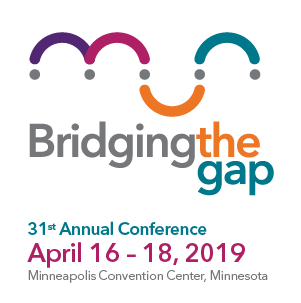Regenerating without Gentrifying: Applying an Intersectional Framework to Improve Our Inclusion Efforts
90-minute Workshops
Day 3
Session Code: S5-JWhen: April 18, 2019
Location/Room: M 100 CD
Level: Intermediate
Track: Innovation & Transformation
Presenters: Dr. Heather Metcalf, Association for Women in Science | Dr. Rochelle Williams, Association for Women in Science
Description
Broadening participation and inclusion, especially in science, technology, engineering, and mathematics (STEM) fields, requires that we also broaden our approaches to understanding participation. By adopting frameworks that most appropriately fit the problems and questions at hand, we can best position our diversity and inclusion efforts for success.
Intersectionality, a tool for advocacy, analysis, and policy development, originated in black feminist thought and legal work as a theory to describe how black women’s experiences and identities are marginalized by treatment of race and gender as mutually exclusive categories. Today, intersectionality theory influences current thinking about discrimination, gender, race, and other forms of identity for not only black women, but other women of color, people with disabilities, indigenous people, immigrants, members of the LGBTQIA+ community, and other marginalized communities.
As a framework, intersectionality also provides a deeper understanding of the lived experiences of traditionally excluded communities of interest and connects those experiences to the systems and structures that shape them. However, much confusion surrounds incorporating this framework effectively in the research, policy, and practice of inclusion, especially in the STEM equity context. Building a new, more sustainable future for our inclusion work is best done by implementing innovative alternatives rather than continuously reinstituting old tactics.
This workshop will center on identifying a shared understanding of intersectionality as a framework and applying it to our research, policy work, and practical efforts. Attendees will learn how intersectional approaches can be used to enrich quantitative and qualitative research, aid in the implementation of inclusive workplace policies and practices, and shape inclusion programming. Participants will engage in a series of hands-on activities that allow them to apply an intersectional lens to the collection, measurement, interpretation, and analysis of data; policy construction; and programmatic offerings. Lastly, attendees will leave with a guide on how to adopt intersectionality frameworks in their own workplaces for each of these areas.
Learning Outcome
- Obtain and analyze data, even when the n is small, to formulate strategies and interventions
- Rethink new and existing policies
- Better incorporate inclusion in programming and daily practices


